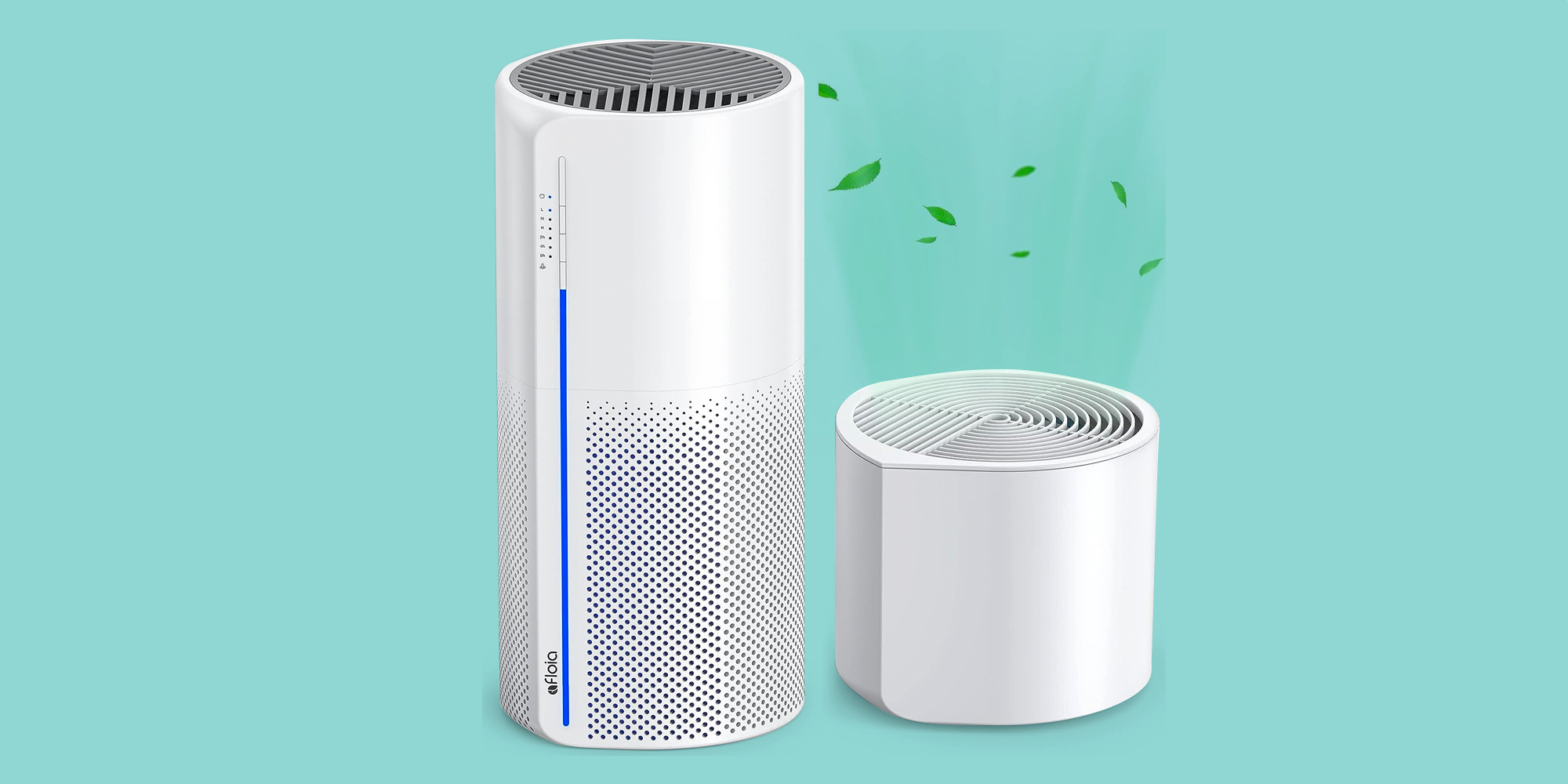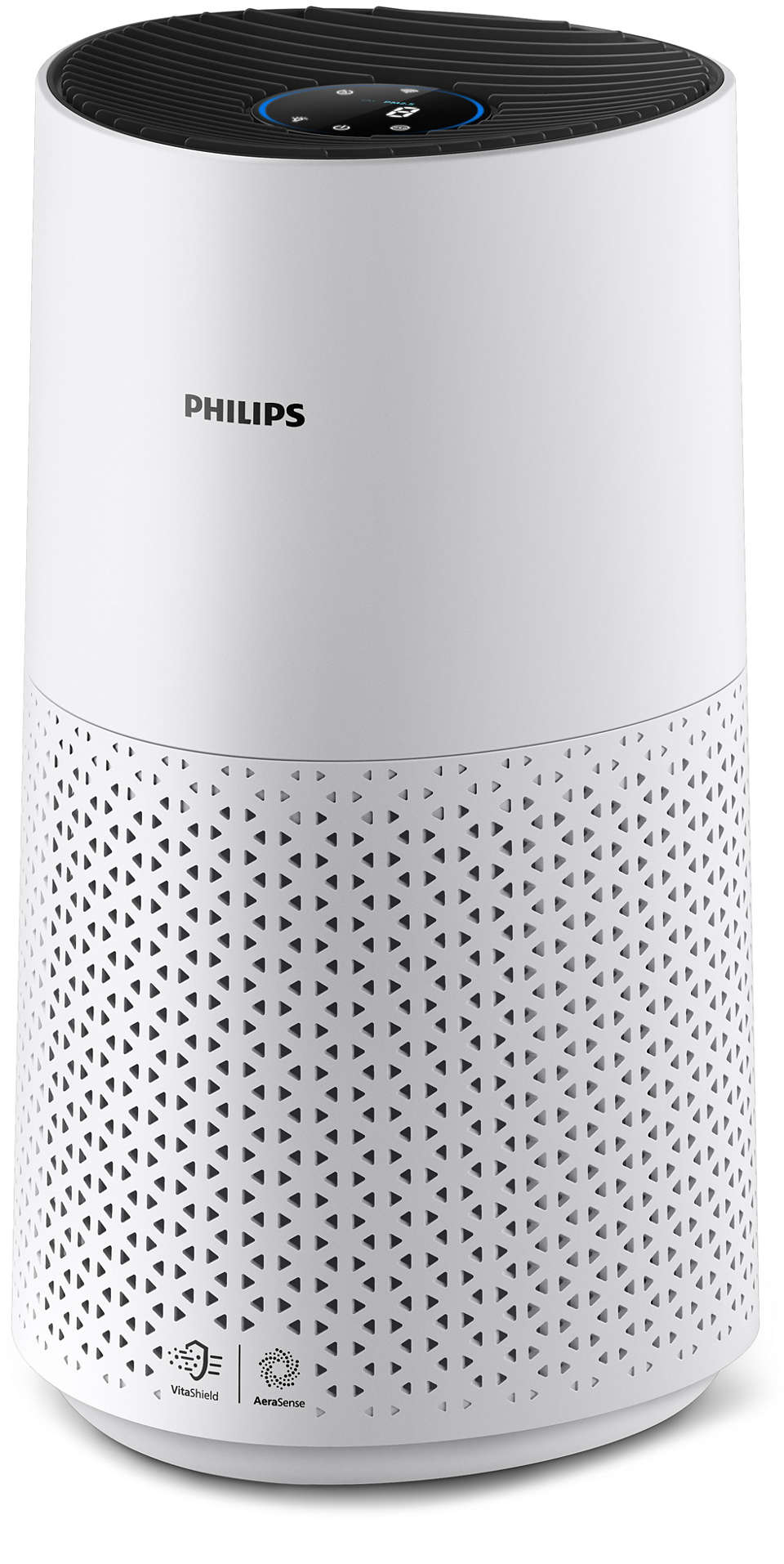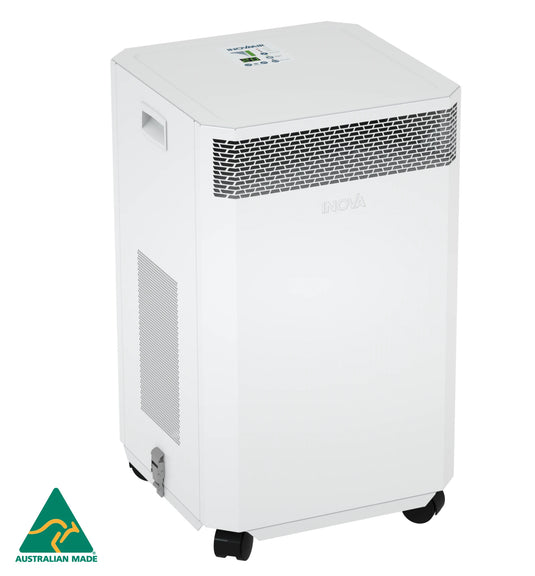Featured
Table of Contents
- – Comprehending Allergies and Triggers
- – Can Air Purifiers Assist with Allergies?
- – The Science Behind Air Purifiers and Allergies
- – Are Air Purifiers Right for You? Factors to T...
- – Making the Many of Air Purifiers for Allergies
- – Beyond Air Purifiers: A Multi-Pronged Approach...
- – Living a Breath Easier Life with Allergies

Air cleansers are commonly proclaimed as a solution, encouraging cleaner air and relief from allergic reaction symptoms. Are air cleansers genuinely worth the financial investment for allergy victims?
Comprehending Allergies and Triggers
To recognize the function of air purifiers, let's first look into allergies and their triggers:
- The Sensitive Feedback: Allergies occur when your immune system panics to a harmless substance, like plant pollen or allergen. This reaction triggers the launch of histamines, causing allergy symptoms like sneezing, coughing, itchy eyes, and a runny nose.
- Common Irritants: Indoor irritants include dust termites, family pet dander, mold spores, pollen that wanders inside, and also cockroach allergens. These air-borne fragments can irritate your air passages and set off allergy symptoms.
Can Air Purifiers Assist with Allergies?
Air purifiers function by attracting air, straining toxins, and releasing cleaner air back right into the space. Below's exactly how they can potentially profit allergy victims:
- Trapping Allergens: HEPA (High-Efficiency Particulate Air) filters, an usual type used in air purifiers, are extremely effective at capturing air-borne irritants like allergen, pet dog dander, and plant pollen. By eliminating these triggers from the air you take a breath, air cleansers can help in reducing allergy signs and symptoms.
- Improved Air Quality: Air purifiers can also eliminate various other toxic irritants from the air, such as smoke, dirt, and unstable organic substances (VOCs) This total enhancement in air top quality can be useful for allergic reaction sufferers who are delicate to these additional triggers.
The Science Behind Air Purifiers and Allergies
Studies have actually revealed that air cleansers can be valuable in decreasing allergic reaction symptoms. Right here's a take a look at some vital research searchings for:
- A 2019 testimonial released in the journal "Existing Allergy and Asthma Reports" ended that air cleansers with HEPA filters can be reliable in decreasing allergy signs and symptoms and boosting lifestyle for individuals with sensitive rhinitis (hay high temperature)
- A 2018 research released in the journal "Record of Allergy, Asthma & Immunology" located that making use of an air purifier with a HEPA filter in the room significantly reduced dirt mite allergen degrees and boosted rest quality in individuals with asthma.
Nevertheless, it is very important to note that research study likewise recommends some limitations:
- Air Purifier Protection: Air purifiers are most effective in the room where they are put. Their effect on irritants in various other components of your home may be marginal.
- Seriousness of Allergies: While air cleansers can aid, they may not be a complete remedy for extreme allergic reactions. Drugs and other allergic reaction monitoring strategies might still be essential.
Are Air Purifiers Right for You? Factors to Think About
Below are some crucial variables to take into consideration when deciding if an air purifier is worth it for your allergies:
- Intensity of Allergies: If your allergies are mild and well-controlled with medication, an air purifier might not be essential. Nonetheless, for those with moderate to severe allergies, an air purifier can be a valuable tool in managing signs.
- Sorts of Allergens: Think about the main triggers for your allergies. Air purifiers are most reliable for airborne allergens like dust termites, pet dander, and plant pollen. They might not be as useful for allergens like mold and mildew that expand on surfaces.
- Lifestyle and Setting: If you have pets, stay in a location with high pollen counts, or have worries about interior air quality, an air purifier can be valuable.

Making the Many of Air Purifiers for Allergies
If you make a decision to buy an air purifier for allergic reactions, here are some pointers for maximizing its efficiency:
- Pick a HEPA Filter: Look for an air purifier with a HEPA filter accredited to record bits as tiny as 0.3 microns.
- Right Size for the Area: Make sure the air purifier has a Clean Air Delivery Rate (CADR) that appropriates for the size of the room you intend to use it in.
- Positioning Issues: Position the air purifier in the space where you invest the most time, such as your room.
- Normal Filter Maintenance: Change HEPA filters according to the supplier's directions to maintain optimum performance.
- Combine with Various Other Methods: Air purifiers are not a one-size-fits-all service. Integrate them with various other allergic reaction administration methods like medicine, normal cleaning, and allergen-proof bed linens.
Beyond Air Purifiers: A Multi-Pronged Approach to Allergic Reaction Administration

While air purifiers can be a valuable device in your allergy toolbox, they are not a wonder drug (If you're looking to buy an Air Purifier then Air Cleaners Australia is the best destination.). A detailed technique that incorporates air filtration with other approaches is vital to achieving long-term allergic reaction alleviation. Below are some additional methods to think about:
- Medicine: Antihistamines, decongestants, and nasal corticosteroids, prescribed by your physician, can successfully take care of allergy signs and symptoms.
- Allergic Reaction Screening and Immunotherapy: Recognizing your specific irritants with allergy testing can lead the method for immunotherapy, a treatment that aids desensitize your immune system to irritants with time.
- Air High Quality Monitoring: Regular cleaning with a HEPA-filtered vacuum cleaner and allergen-specific cleansing products can significantly lower dirt mites, pet dander, and other irritants in your house.
- Controlling Humidity: Mold prospers in humid atmospheres. Using a dehumidifier can help control moisture levels and prevent mold growth, a common indoor allergen.
- Lifestyle Adjustments: If you have hatreds pollen, staying indoors during optimal plant pollen seasons and showering after investing time outdoors can assist minimize direct exposure.
- Bed linen and Surfaces: Enclosing cushions and cushions in allergen-proof covers can dramatically lower allergen exposure. Frequently cleaning bedding in hot water helps eliminate allergens.
Living a Breath Easier Life with Allergies
Remember, taking care of allergic reactions is a continual process. By recognizing your triggers, applying a multi-pronged approach, and potentially including an air purifier right into your approach, you can dramatically reduce allergy symptoms and breathe less complicated.
Added Factors To Consider:
- Consulting a Physician: If your allergies are serious or not well-controlled with medication and way of life adjustments, speak with an allergist for tailored suggestions.
- Air Quality Monitoring: Take into consideration making use of an air high quality monitor to track allergen degrees in your house and readjust your management approaches as necessary.
- Long-Term Investment: A high quality air purifier can be a lasting financial investment in your health and wellness and well-being.
By taking a proactive strategy and embracing a mix of these methods, you can develop a healthier and allergy-friendly atmosphere, enabling you to enjoy a breath less complicated life.
Table of Contents
- – Comprehending Allergies and Triggers
- – Can Air Purifiers Assist with Allergies?
- – The Science Behind Air Purifiers and Allergies
- – Are Air Purifiers Right for You? Factors to T...
- – Making the Many of Air Purifiers for Allergies
- – Beyond Air Purifiers: A Multi-Pronged Approach...
- – Living a Breath Easier Life with Allergies
Latest Posts
An Unbiased View of Can Yeti Ramblers Handle Dishwasher Cleaning?
See This Report about Can Your Yeti Rambler Survive A Trip Through The Dishwasher?
Are Air Purifiers Worth It for Allergic reactions? Breathing Easier with Science-Backed Solutions
More
Latest Posts
An Unbiased View of Can Yeti Ramblers Handle Dishwasher Cleaning?
See This Report about Can Your Yeti Rambler Survive A Trip Through The Dishwasher?
Are Air Purifiers Worth It for Allergic reactions? Breathing Easier with Science-Backed Solutions